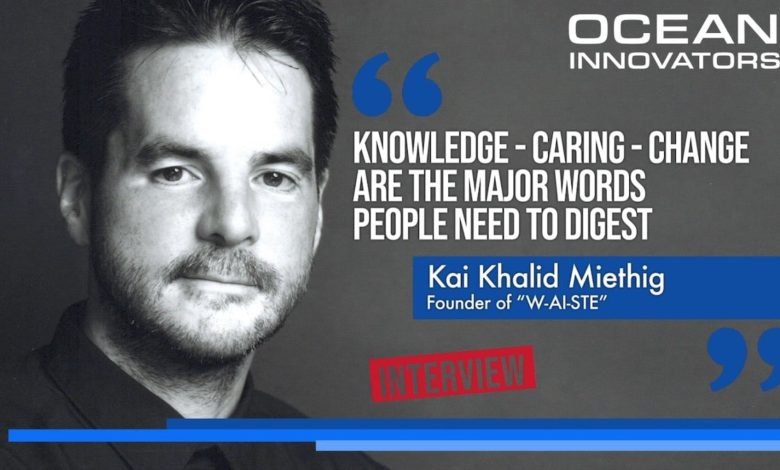
- W-AI-STE
- Waste Education
- How to help?
Waste value, two words little people would put together. Kai Khalid Miethig is a strong advocate for waste education and promotes the value of the material, whatever they may be, to be reused and not become waste. He is currently developing the WAISTE project. The project uses AI and BlockChain for enhancing the efficiency of the resource material chain and disposal value.
WAISTE project
WAISTE is a wordplay involving two critical elements being Artificial Intelligence (AI) and waste. Kai defines the W-AI-STE project as focusing on Waste (Material Resource) Management with the help of AI.
At the design phase, the revolutionary project has great potential. The concept uses technology to imagine the future of the product lifecycle. The vision is to use AI and Block-chain to enhance the efficiency of the resource material chain and disposal value.
Kai explains that as AI is growing, it is possible to store the data of the material. Then, it becomes easier to recycle or reuse a given material at a later stage of its life. The use of AI would also enable us to expose which material has more value in the long run. The end life of a material resource doesn’t have to stop once the users are done with it. It can and should have value after that stage.
The end product would have the form of an app able to read any kind of barcode / QR code containing relevant information. Information such as the packaging value (material composition), how it can be disassembled, and reduced. Hence, the purpose is to eliminate waste as much as possible. And ultimately, replace it with ‘Resource Material’ where materials will have multiple or infinite life.
Insight — waste management in the Middle East
Kai is originally from Germany, where recycling is well spread. Arrived in the Middle-East 15 years ago, he witnessed the challenges some countries experience to process their waste.
Some facilities are underdeveloped especially in Bahrain where Kai is based. The size of the country has a lot to do with its capacity for recycling certain materials. Kai explains it can ask a lot of resources for too little amount of recycling material available. This is why for instance, material such as paper is not recycled in Bahrain. The process of recycling paper is using water which is a rare resource in the Middle East region and Bahrain. Economically and environmentally it is difficult for a certain country to recycle paper. Instead, the country ships it to countries that can recycle them.
Waste Education
Kai Khalid Miethig is a fervent advocate for waste education. He is passionate about resource management and works on environmental awareness training programs. For Kai, once the general population will know the value of the material they buy, then mentality will change.
Most of all, waste education is about how to reduce/refuse the waste that is not needed – not how to recycle. Kai Khalid Miethig regards recycling material as only the third last option in front of waste-to-energy and landfill disposal.
“It doesn’t matter where you are in the world. Unfortunately, the human species is the only one creating the waste…”
Wherever humans are there is waste, wherever anything is produced there are wastes. Bringing awareness to the population will lead to change buying behaviour. Therefore, the way industrial design, produce, use and dispose of certain materials.
How to help?
Kai is looking for collaborators and like-minded people to explore and develop further W-AI-STE project. If you have a passion and knowledge of the various fields of waste/material, product development, coding, and have an understanding of AI/Blockchain.
Is this a subject that talks to you or one of your professional network? Please get in touch with @us or directly with @Kai.
Lastly, buy meaningfully – all of us as consumers have the power to push for change!



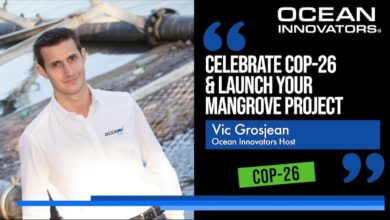
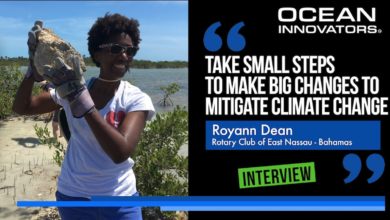
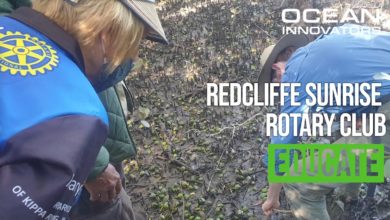
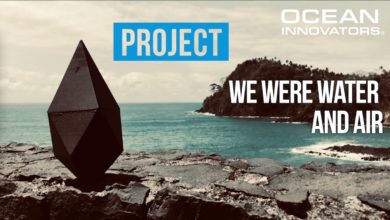

Why government doesn’t establish a new motivations and procedures to encourage people to give up consuming materials that destroy our live also we need to develop curriculum to enable students understanding the role of maintaining the environment
Hi Salman,
Good points, this is why education is so important! Change is slow, unfortunately, but we can all participate to it by voting for the right people, educating ourselves, our peers and consuming mindfully 🙂